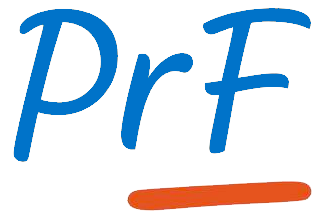The goal of this project is to create plastic-like products, predecessors to today’s petroleum-based .Additionally, students can initiate the decomposition of the plastic they create by burying the it ...
This project evaluates the ability of a biodegradeable dish detergent to increase the penetration of water in hydrophobic soils.The goal is to have the student formulate and test a hypothesis about th ...
Soil is made up of different layers. How far down do you need to dig to find the soil horizon, or the place where bits of leaves and branches become soil?How deep do you need to go to find the place w ...
In this experiment, a student will test the benefits of turning compost to aerate it.The student will set up two compost piles with soil and yard waste and place sheets of newspaper in each pile.Over ...
Gardeners appreciate the value of compost. Called “gardener’s gold,” it adds valuable nutrients to the soil. Many gardeners make their own compost, but others often fail because they put their food sc ...
In this project, we will try to understand the definition of ‘biodegradeable’ and explore this in a real-life setting and compare an item specifically labeled biodegradeable to two commonly used items ...
The goal of this experiment is to discover if soil with more organic material absorbs moisture better than soil with less organic material. Gardens that use the right amount of organic material might ...
The student counts and identifies species of fungi to compare the biodiversity of fungi in different ecosystems. What role do fungi have in an ecosystem? Why are fungi important in an ecosystem? Does ...
When a fruit “rots” it decomposes into simpler forms of matter. Decomposition is a form of natural recycling and is necessary to maintain the finite matter that takes up physical space in the biome.Do ...




